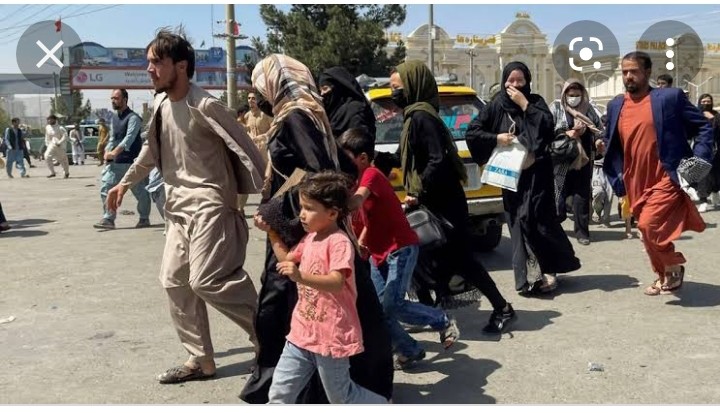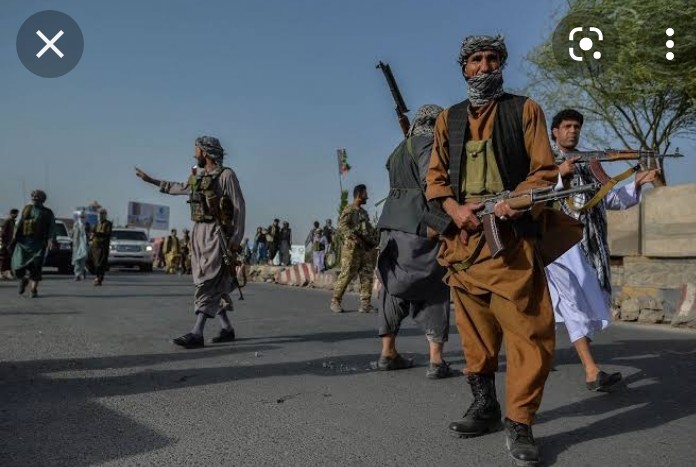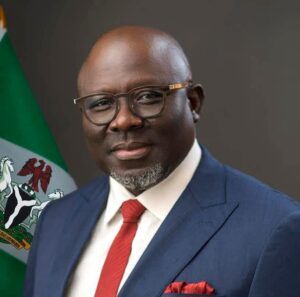
Race to freedom, as Afghans move to airport for evacuation
By Elise Ann Allen
ROME – One of Europe’s leading cardinals has criticized the continent’s political leaders, and those throughout the west, for abandoning Afghani refugees, focusing more on numbers than on how best to help those fleeing violence.
Speaking to SIR, the news outlet of the Italian bishops, Cardinal Jean-Claude Hollerich, archbishop of Luxemburg and president of the Commission of Bishops’ Conferences of the European Union (COMECE), said the images coming out of Afghanistan over the past week “hurt my heart. It hurts my heart to see how people are treated.”
“We had given hope to this people and now we have left them in Dante’s hell,” he said, adding, “I feel ashamed. Shame on Europe and the West. We talk a lot about values, but where are our values in Afghanistan now?”
Under the control of the Taliban until the United States’ invasion in 2001, after nearly 3,000 people died in the 9/11 terrorist attacks on U.S. soil – coordinated by al-Qaida’s Osama bin Laden, who received protection from the Taliban – Afghanistan is back in the hands of the militant Islamist group after its takeover of the capital city of Kabul just over a week ago.
The country is in chaos, with thousands camped at the Kabul airport in the hopes of being evacuated while the Taliban consolidates control of the country.

U.S. President Joe Biden has announced a complete withdrawal of U.S. troops in Afghanistan by Aug. 31, just before the 20th anniversary of the Sept. 11 terrorist attacks, ending a decades-long presence of American military in the country.
According to Hollerich, the West has “conducted the wrong policy” on Afghanistan.
“The only thing we are discussing is what to do in order not to have a large number of refugees from Afghanistan rather than go to the aid of these people. And this attitude causes me shame,” he said.
Noting that Greece recently completed an extension on its border wall with Turkey as a means of deterring potential Afghan refugees from entering, Hollerich said this “hurts me and makes me ashamed because we talk so much about European values but don’t put them into practice.”
He also lamented what he called an increasingly anti-migrant language in European politics, saying, “there is no longer any talk of refugees or asylum seekers under the Geneva agreements. There is talk of illegal migrants and this is scary.”
Greece’s border wall, “is the expression of this mentality,” he said, adding, “I had hoped that the collapse of the Berlin Wall would signal the end of the time of walls, but it is not so. New walls have been built. It is not the communist world of our past history that does this, but the European society of today; Western, liberal, permissive. We have lost consciousness.”
Hollerich insisted that one lesson to be learned going forward is that “the West is not the only world power.”
“We must accept this and act more prudently,” Hollerich said, accusing western nations of acting “only in the name of economic value” and not in people’s interests.
The cardinal said there has been “a lack of political responsibility” when it comes to Afghanistan, and now it’s time “to fill this void.”
In terms of the refugee problem, Hollerich pointed to the humanitarian corridors project overseen by the Italian Community of Sant’Egidio, which allows migrants and refugees safe passage out of crisis zones.
Noting that there are already hundreds of thousands of refugees from Africa living in camps in Libya, Hollerich said that sending Afghanis to the same fate is like “condemning them to despair.”
“I would therefore like to launch an appeal to the European Union, to the men and women involved in politics: Act according to your conscience,” he said.
With some European countries, such as Germany and France, set to hold elections, Hollerich warned that “A man and a woman who make political decisions only to be re-elected are destined to become a generation of very weak politicians.”
Despite the hesitancy of some western nations to welcome Afghan refugees fleeing the Taliban, several countries have pledged to take in a small portion of Afghans being evacuated after the Taliban’s takeover.
Those countries include Albania, Qatar, Costa Rica, Mexico, Chile, Ecuador, and Colombia, as well as Uganda, which already hosts roughly 1.5 million refugees from South Sudan.

Italy has also taken in fleeing Afghans, with the latest plane landing Aug. 22, with some 211 people on board. Italian foreign minister Luigi Di Maio said Sunday that so far, 1,600 Afghans have been airlifted to Italy over the last week.
Italian Bishop Calogero Marino of Savona sent a letter out in his diocese over the weekend in which he pledged support and welcome for incoming Afghan refugees.
“Afghanistan is truly dramatic: the images of people crowded at the airport and of women handing their own children to soldiers still present in the area are the most eloquent signs of this,” he said.
Pointing to the international reaction to the crisis, Marino said that, “If on one hand a response of international solidarity is being activated, on the other we are once again raising walls and barriers on the national borders of some European countries.”
Marino announced that the Diocese of Savona, with the help of its local Caritas office, the Red Cross, and other volunteer organizations in the area, will make available its “energy and resources” to welcome a small number of refugees.
Speaking to SIR, Italian Cardinal Gualtiero Bassetti or Perugia and President of the Italian Bishops’ Conference, said the country’s bishops “will do everything possible” to help the Afghan refugees that have been evacuated to Italy.
He lamented the fact that numerous military weapons were left behind when troops evacuated, saying, “It’s like putting a gun in a child’s hand.”
“Sometimes gestures are made that are not sufficiently reflected and thought about,” he said, insisting that no matter what happens, “the Italian Church, through Caritas, will take action.”
“This is a problem that can only be faced together,” he said, insisting on the importance going forward of laying a solid foundation so that “such tragedies not to repeat themselves.”
Follow Elise Ann Allen on Twitter: @eliseannallen







